
Augusta, Maine: A Hidden Gem in New England
Augusta, the capital city of Maine, is a charming destination that offers a mix of history, natural beauty, and cultural attractions. Situated along the Kennebec River, Augusta is known for its picturesque scenery and welcoming atmosphere. The city's history dates back to the early 18th century, and its rich heritage is evident in its well-preserved buildings and historic sites. One of the key attractions in Augusta is the Maine State Museum, where visitors can explore exhibits covering the state's history, culture, and natural environment. The nearby State House, with its impressive dome, is another landmark that offers guided tours, providing insights into Maine's legislative process and architecture. Nature enthusiasts will find plenty to enjoy in Augusta. The Viles Arboretum is a beautiful park featuring numerous walking trails, gardens, and sculptures. The arboretum is perfect for a leisurely stroll or a picnic amidst the stunning landscapes. Additionally, the Kennebec River Rail Trail offers a scenic route for biking, running, or walking, with lovely views of the river and surrounding areas. Augusta also boasts a vibrant arts scene, with galleries, theaters, and cultural events happening throughout the year. The city is home to several local eateries and shops, where visitors can sample Maine's famous seafood and discover unique crafts and souvenirs. Whether you're interested in history, nature, or simply relaxing in a picturesque setting, Augusta has something to offer every traveler.
Local tips in Augusta
- Visit the Maine State Museum early in the day to avoid crowds and have more time to explore.
- Take a guided tour of the State House to learn about Maine's history and enjoy panoramic views from the dome.
- Pack a picnic and spend an afternoon at Viles Arboretum to fully appreciate its beauty.
- Rent a bike and explore the Kennebec River Rail Trail for a fun and active way to see the city.
- Try local seafood at one of Augusta's many eateries for an authentic taste of Maine.
Augusta, Maine: A Hidden Gem in New England
Augusta, the capital city of Maine, is a charming destination that offers a mix of history, natural beauty, and cultural attractions. Situated along the Kennebec River, Augusta is known for its picturesque scenery and welcoming atmosphere. The city's history dates back to the early 18th century, and its rich heritage is evident in its well-preserved buildings and historic sites. One of the key attractions in Augusta is the Maine State Museum, where visitors can explore exhibits covering the state's history, culture, and natural environment. The nearby State House, with its impressive dome, is another landmark that offers guided tours, providing insights into Maine's legislative process and architecture. Nature enthusiasts will find plenty to enjoy in Augusta. The Viles Arboretum is a beautiful park featuring numerous walking trails, gardens, and sculptures. The arboretum is perfect for a leisurely stroll or a picnic amidst the stunning landscapes. Additionally, the Kennebec River Rail Trail offers a scenic route for biking, running, or walking, with lovely views of the river and surrounding areas. Augusta also boasts a vibrant arts scene, with galleries, theaters, and cultural events happening throughout the year. The city is home to several local eateries and shops, where visitors can sample Maine's famous seafood and discover unique crafts and souvenirs. Whether you're interested in history, nature, or simply relaxing in a picturesque setting, Augusta has something to offer every traveler.
When is the best time to go to Augusta?
Iconic landmarks you can’t miss
Cushnoc Brewing Co.
Discover craft beers and gourmet pizzas at Cushnoc Brewing Co., the premier brewpub in Augusta, Maine, where flavor meets fun.
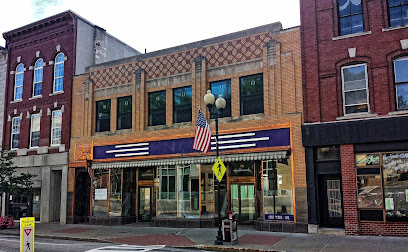
Senator Inn & Spa
Experience luxury and tranquility at Senator Inn & Spa, the perfect retreat for travelers in Augusta, Maine.
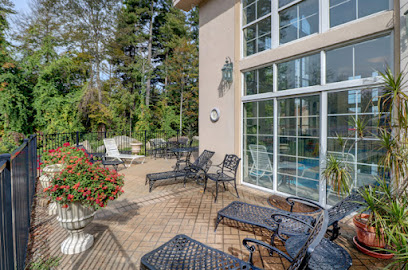
Augusta House of Pancakes
Savor delicious breakfast delights in a cozy atmosphere at Augusta House of Pancakes, the perfect start to your Maine adventure.
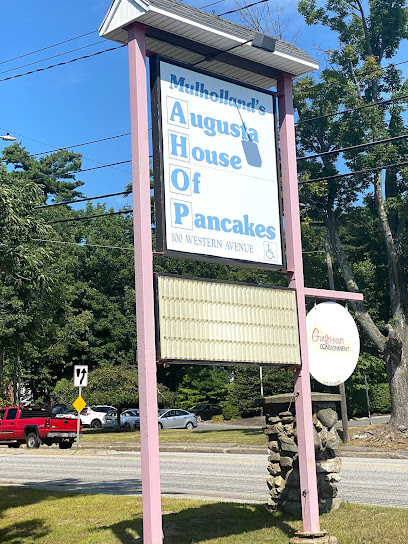
Maine State Museum
Discover the rich history and culture of Maine at the Maine State Museum, a captivating tourist attraction in Augusta showcasing diverse exhibits.
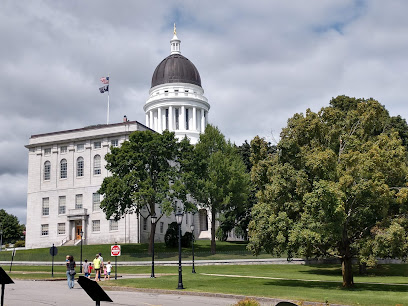
Viles Arboretum
Explore the serene landscapes and diverse plant collections at Viles Arboretum, a gem in Augusta, Maine, perfect for nature lovers and outdoor enthusiasts.
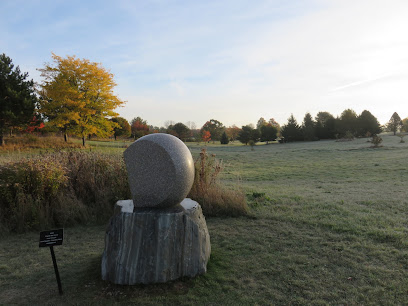
True North Tattoos and Piercings
Discover your unique style at True North Tattoos and Piercings, where artistry meets personal expression in the heart of Augusta, Maine.
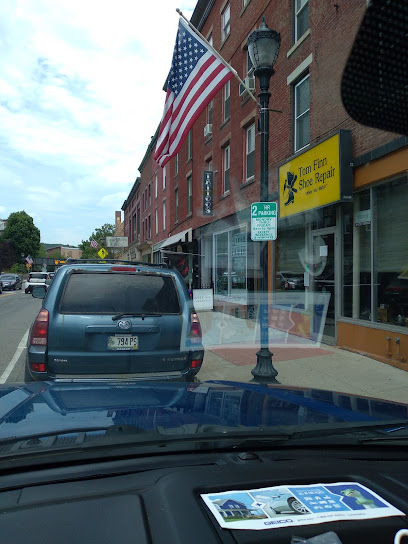
Capitol Park
Discover Capitol Park in Augusta, ME - a lush urban oasis featuring beautiful gardens, historic landmarks, and a peaceful atmosphere for all visitors.
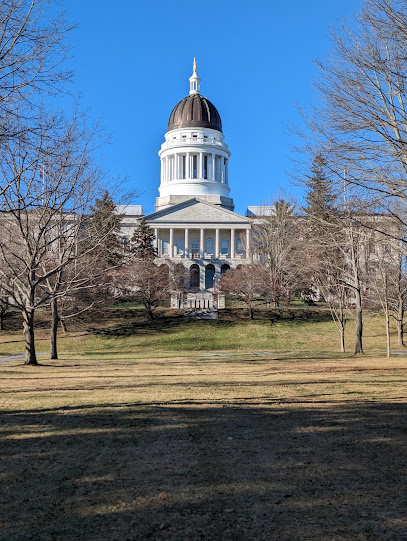
Old Fort Western
Discover the rich colonial history at Old Fort Western, the oldest wooden fort in the U.S., located in Augusta, Maine.
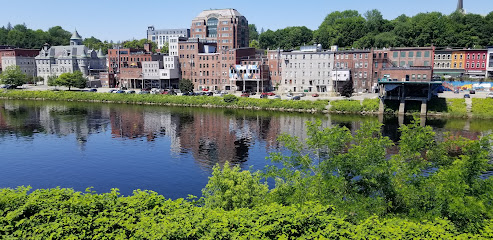
Mill Park
Experience the natural beauty and tranquility of Mill Park in Augusta, Maine – perfect for picnics, walks, and enjoying the great outdoors.
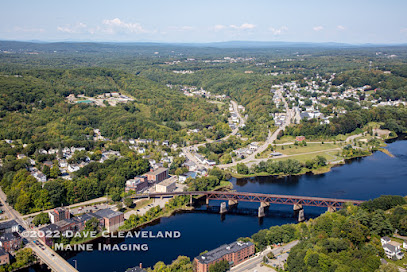
East Side Boat Landing Playground
Family-friendly East Side Boat Landing Playground in Augusta, Maine, combines fun play structures with beautiful riverfront scenery for a perfect day out.
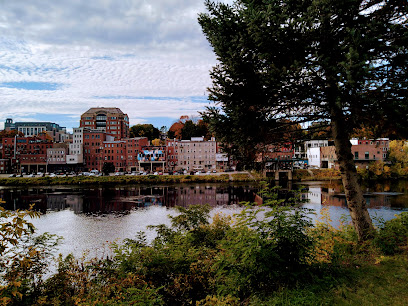
The Governor Hill Mansion
Discover elegance and history at The Governor Hill Mansion, Augusta's premier venue for events, weddings, and rich cultural experiences.
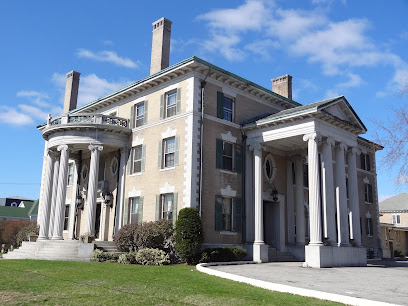
Buker Community Center
Explore the heart of Augusta at Buker Community Center, a vibrant hub of recreation, culture, and community engagement for all ages.
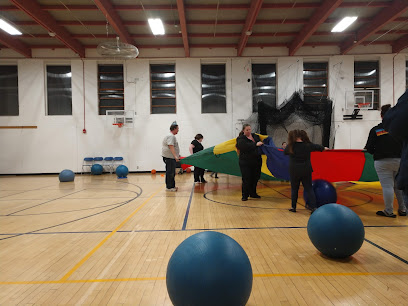
Sonny's Museum & Rock Shop
Explore Sonny's Museum & Rock Shop in Augusta, Maine, for unique gifts and geological wonders that celebrate nature's beauty and creativity.
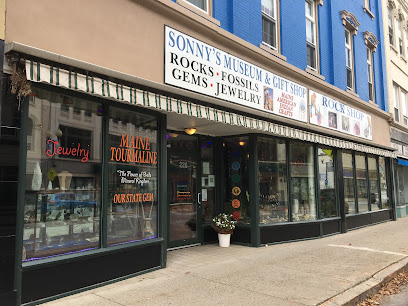
Saylorink Tattoo
Discover Saylorink Tattoo in Augusta, Maine—where unique body art meets skilled craftsmanship in a welcoming environment.
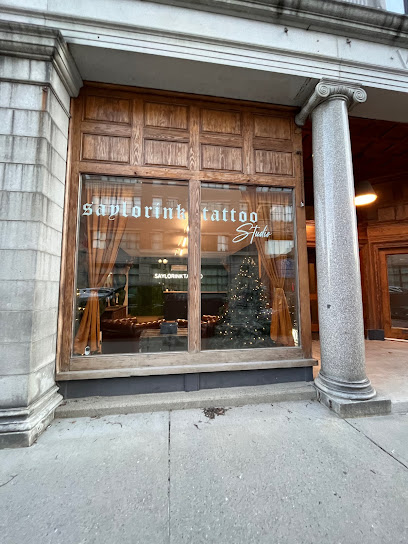
Merkaba Sol & The Chocolate Shoppe
Explore Merkaba Sol & The Chocolate Shoppe in Augusta, ME for a unique blend of metaphysical supplies, handcrafted chocolates, and spiritual services.
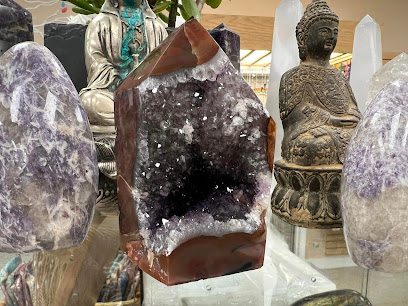
Unmissable attractions to see
Coastal Maine Botanical Gardens
Explore the Coastal Maine Botanical Gardens, a stunning blend of nature and artistry, showcasing Maine's unique flora in a serene coastal setting.
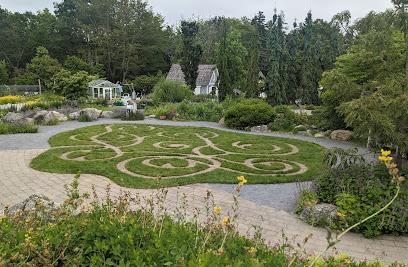
Maine Maritime Museum
Discover Maine's maritime history at the Maine Maritime Museum in Bath, featuring engaging exhibits and scenic boat tours along the Kennebec River.
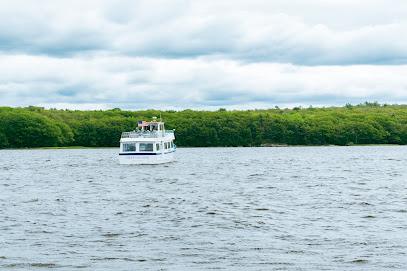
Androscoggin Swinging Bridge
Discover the charm of the Androscoggin Swinging Bridge in Topsham, Maine, where stunning views and outdoor adventure await every visitor.
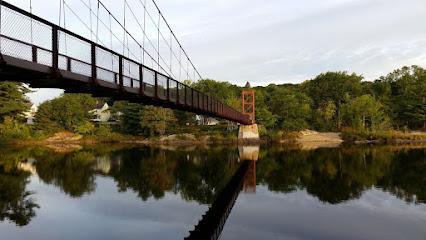
Maine State Museum
Explore Maine's heritage at the Maine State Museum, where history, art, and culture intertwine in an engaging and educational experience.
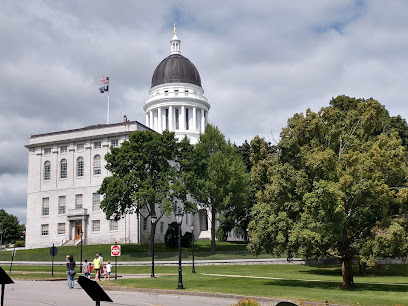
Viles Arboretum
Explore the natural beauty and serene landscapes of Viles Arboretum, a perfect getaway for nature lovers in Augusta, Maine.
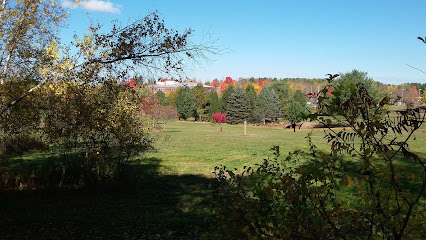
Capitol Park
Explore Capitol Park in Augusta, Maine, a stunning urban oasis with lush landscapes, historic monuments, and scenic walking paths.
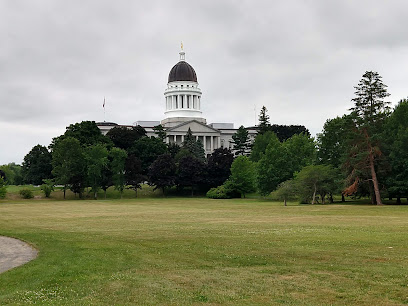
Old Fort Western
Explore the rich colonial history and breathtaking scenery of Old Fort Western, a premier tourist attraction and museum in Augusta, Maine.
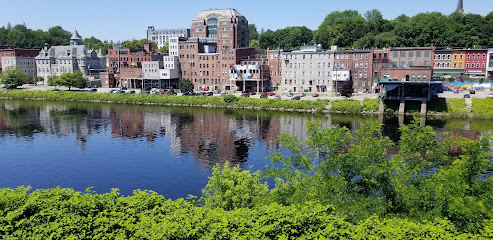
Mill Park
Discover Mill Park in Augusta, Maine: A tranquil urban park perfect for family outings, picnics, and summer concerts amidst lush greenery.
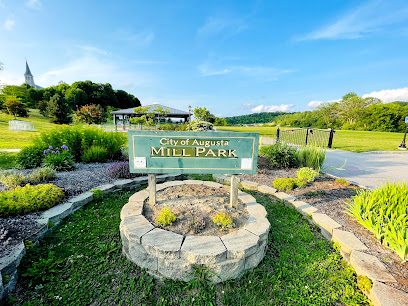
The Governor Hill Mansion
Experience the elegance and history of The Governor Hill Mansion in Augusta, Maine, a premier venue for events and a stunning piece of architectural heritage.
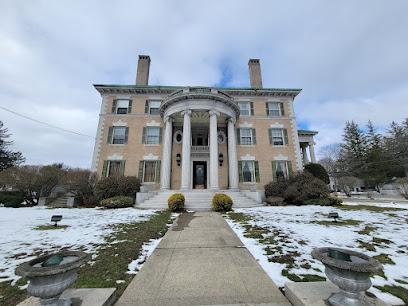
Maine Tasting Center
Experience Maine's culinary culture at the Maine Tasting Center, where local flavors and artisan craftsmanship unite in a delightful journey.
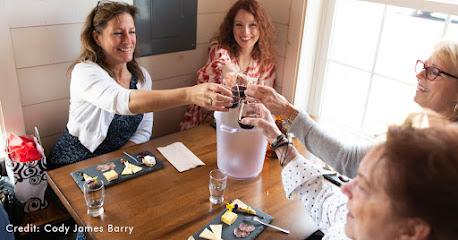
Castle Tucker
Discover the elegance of 19th-century life at Castle Tucker, a historic mansion in Wiscasset, Maine, with stunning architecture and captivating stories.
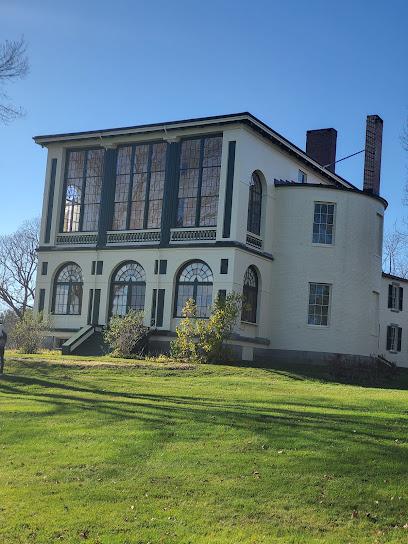
Bicentennial Park
Explore the serene beauty and vibrant wildlife of Bicentennial Park, Augusta's cherished natural retreat for nature lovers and families.
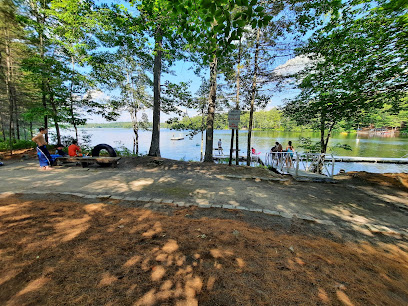
Blaine House
Explore Blaine House, the Governor's residence in Augusta, Maine, and immerse yourself in the state's rich history and stunning architecture.
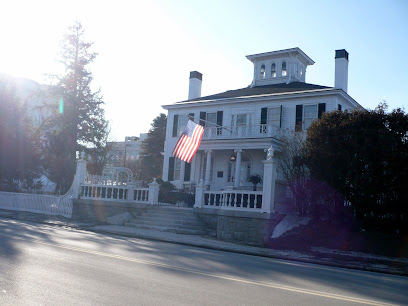
First Amendment Museum at the Gannett House
Discover the First Amendment Museum in Augusta, Maine, where history, education, and the spirit of freedom come together.
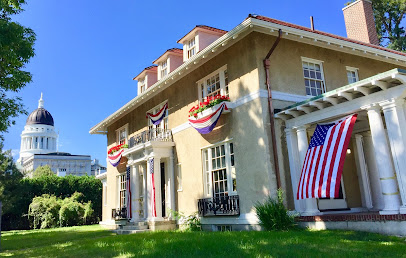
Winter Street Center
Discover the Winter Street Center, Bath's vibrant event venue, where history and community come together in a charming Maine setting.
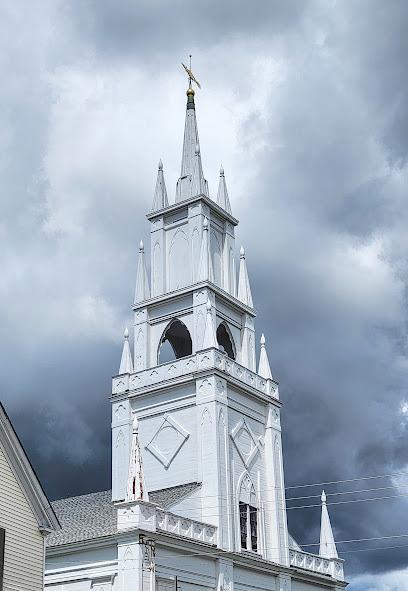
Essential places to dine
The Red Barn
Experience the best seafood at The Red Barn in Augusta, Maine – where fresh flavors meet local charm.
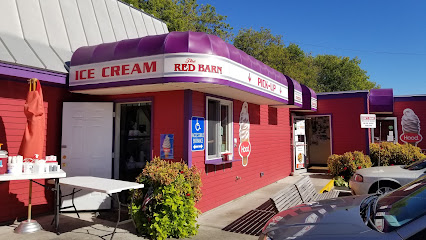
Texas Roadhouse
Indulge in mouthwatering steaks and Southern-inspired dishes at Texas Roadhouse in Augusta – where flavor meets fun!
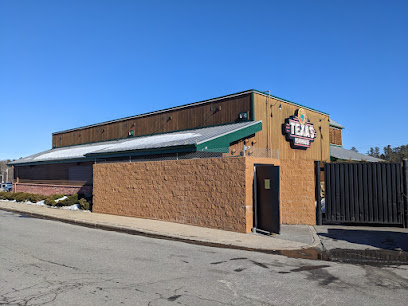
Olive Garden Italian Restaurant
Savor authentic Italian cuisine at Olive Garden in Augusta – where delicious food meets family-friendly dining.

Cushnoc Brewing Co.
Discover the perfect blend of artisanal pizzas and handcrafted beers at Cushnoc Brewing Co., Augusta's top brewpub destination.
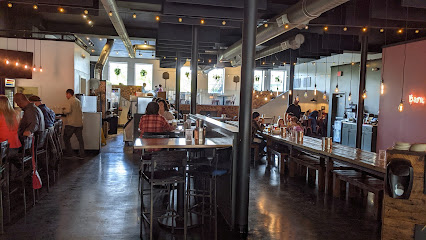
Margaritas Mexican Restaurant
Experience vibrant flavors and festive atmosphere at Margaritas Mexican Restaurant in Augusta – a true taste of Mexico awaits!
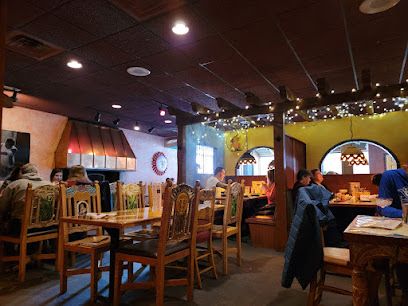
99 Restaurants
Experience the flavors of New England at 99 Restaurants in Augusta – your go-to spot for hearty meals and a lively pub atmosphere.
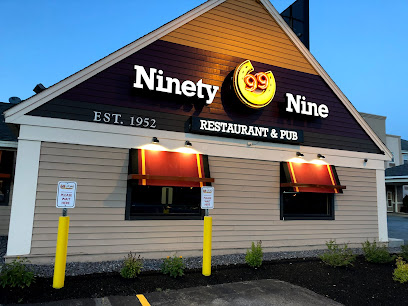
Red Robin Gourmet Burgers and Brews
Experience mouthwatering gourmet burgers in a vibrant atmosphere at Red Robin Gourmet Burgers and Brews—perfect for families visiting Augusta.
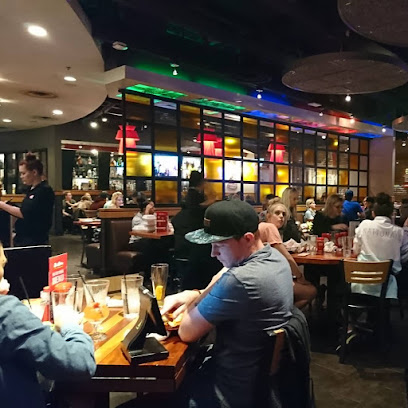
Denny's
Experience all-day breakfast bliss at Denny's in Augusta – where classic American diner fare meets affordability.
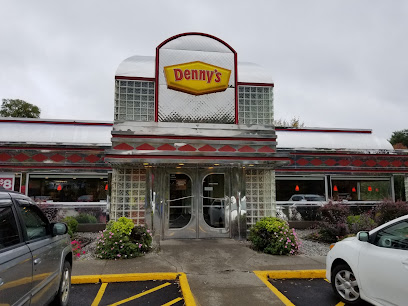
Five Guys
Experience mouth-watering burgers and hand-cut fries at Five Guys in Augusta - your go-to fast food destination.
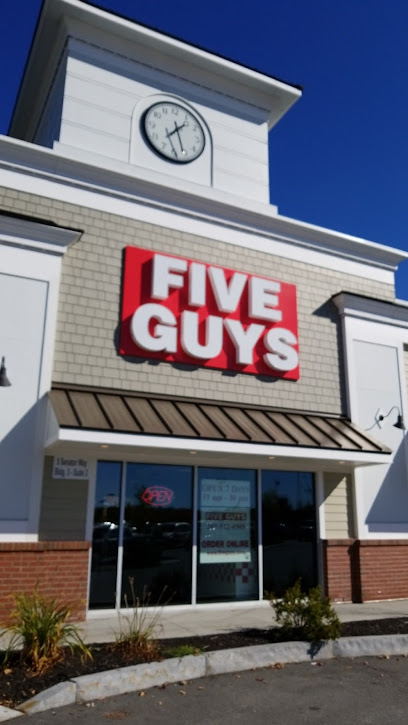
Great Wall Buffet
Discover diverse Asian flavors at Great Wall Buffet in Augusta - an affordable buffet restaurant perfect for families and food enthusiasts.
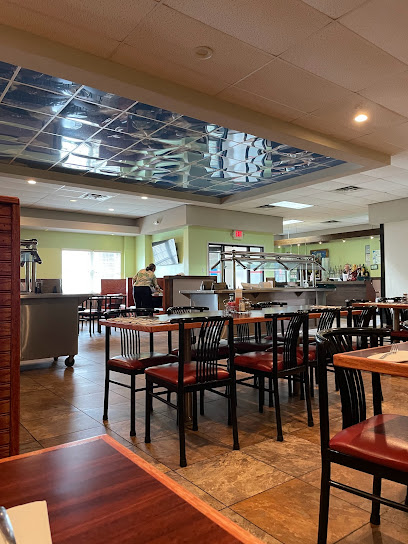
Applebee's Grill + Bar
Discover delicious American cuisine at Applebee's Grill + Bar in Augusta - perfect for families and friends seeking comfort food.
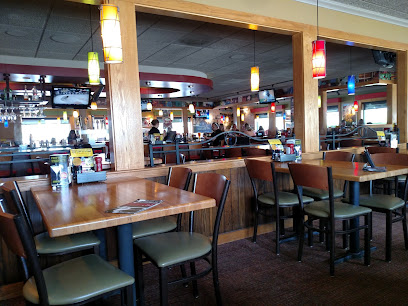
IHOP
Enjoy delicious breakfasts at IHOP in Augusta, where family-friendly dining meets classic American flavors.
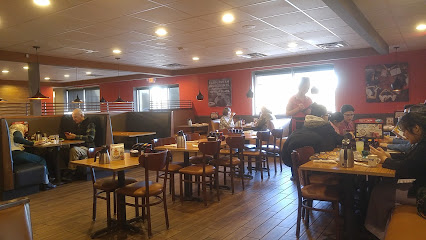
LongHorn Steakhouse
Experience mouthwatering steaks and traditional American flavors at LongHorn Steakhouse in Augusta - perfect for families and food lovers.
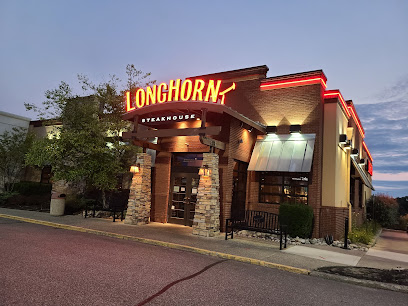
Kume
Discover the flavors of Japan at Kume - Augusta's top destination for sushi and authentic Asian cuisine.
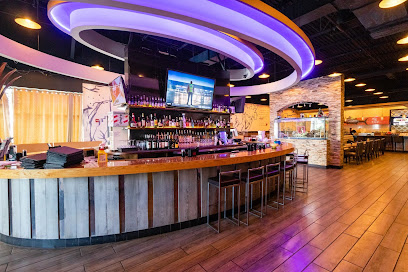
Augusta House of Pancakes
Experience the warmth and flavor at Augusta House of Pancakes – your go-to breakfast spot in Maine's capital city.
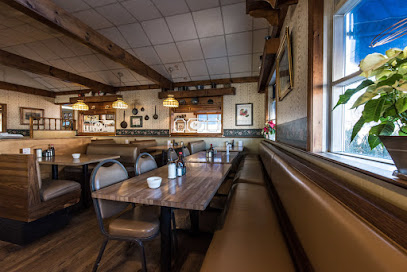
Markets, malls and hidden boutiques
Marketplace at Augusta
Explore the vibrant Marketplace at Augusta, where shopping meets dining in a delightful experience for every tourist.
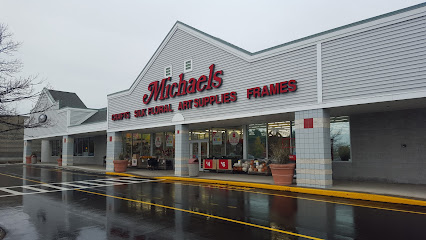
Turnpike Mall
Discover the vibrant shopping experience at Turnpike Mall in Augusta, Maine, where great deals and diverse dining await every visitor.
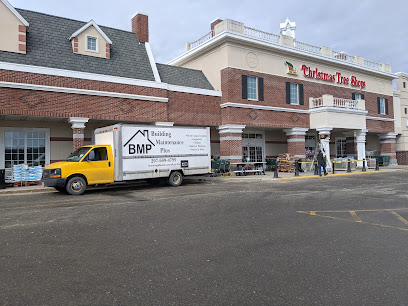
Kohl's
Discover a diverse shopping experience at Kohl's in Augusta, Maine, where affordability meets quality across a vast selection of products.
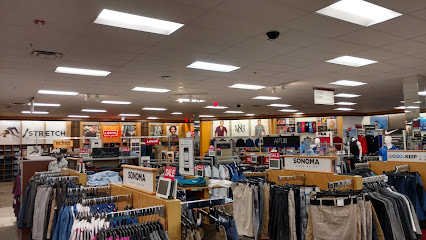
Capitol Shopping Center
Discover Augusta's vibrant retail scene at Capitol Shopping Center, where shopping, dining, and entertainment await in a delightful atmosphere.
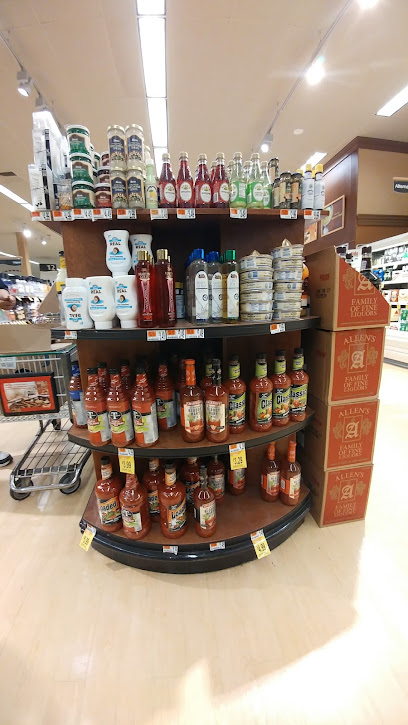
Michaels
Explore your creative side at Michaels, Augusta's premier craft store, offering art supplies, seasonal decor, and inspiring workshops for all ages.
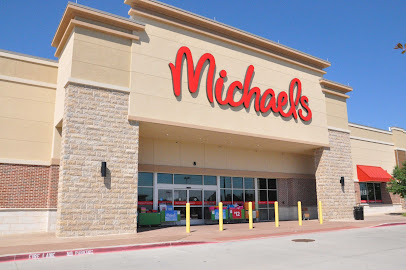
Musician's 1st Choice
Discover your musical passion at Musician's 1st Choice, Augusta's premier guitar store with an extensive selection and expert staff.
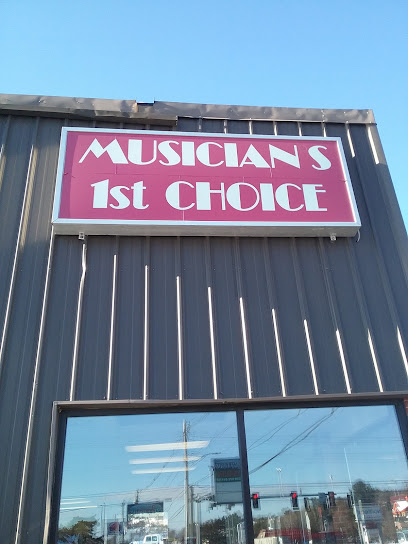
Empire Vape Shop - Augusta
Discover Augusta's premier vaporizer store with a vast selection and expert staff ready to help you find your perfect vape.
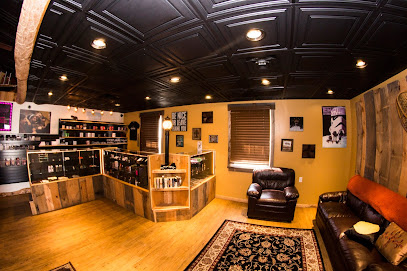
Big Lots
Discover unbeatable deals on furniture, home goods, and unique finds at Big Lots in Augusta, Maine – your budget-friendly shopping destination.

The Furniture Gallery
Explore The Furniture Gallery in Augusta, Maine, for quality mattresses and stylish furniture that elevate your home decor.
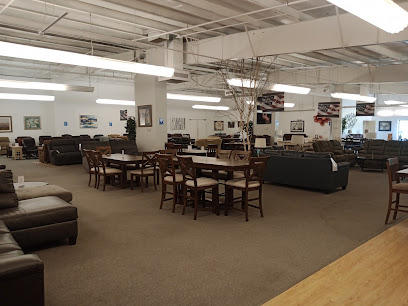
DICK'S Sporting Goods
Explore DICK'S Sporting Goods in Augusta for an extensive selection of sporting gear, outdoor equipment, and athletic apparel to fuel your passion for fitness.
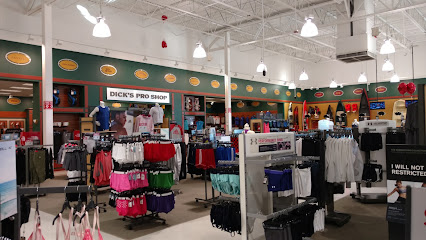
Cannabis Haven - Smoke and Vape
Explore the best of cannabis culture at Cannabis Haven in Augusta, Maine, offering premium products and exceptional service in a friendly environment.
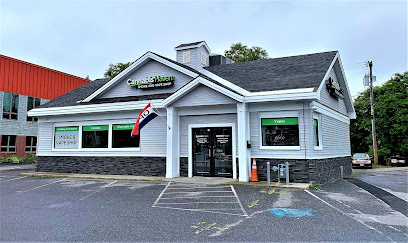
Game On
Discover a world of gaming at Game On in Augusta, where enthusiasts gather to explore, compete, and connect over their favorite games.
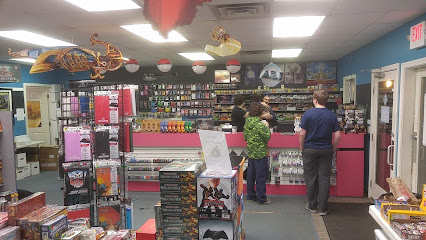
Harvest Time Natural Foods
Discover a world of organic goodness at Harvest Time Natural Foods, Augusta's premier health food store, where wellness meets local flavors.
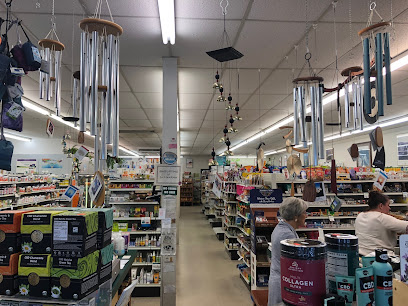
Greenport Cannabis Co
Explore Greenport Cannabis Co in Augusta, Maine, for a diverse range of quality cannabis products in a welcoming environment.
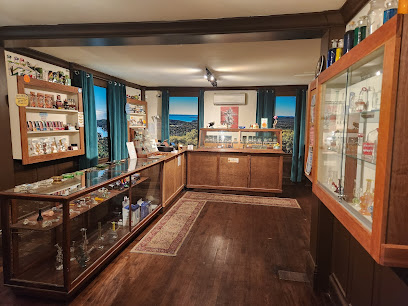
Lamey-Wellehan Shoes - Augusta
Discover stylish footwear at Lamey-Wellehan Shoes in Augusta - a treasure trove for shoe lovers seeking quality and comfort.
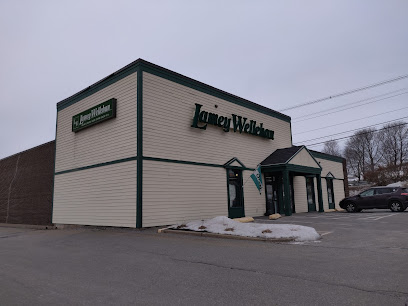
Essential bars & hidden hideouts
Olive Garden Italian Restaurant
Discover the rich flavors of Italy at Olive Garden in Augusta, where family dining meets authentic Italian cuisine and warm hospitality.
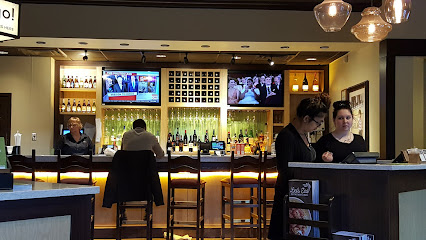
Cushnoc Brewing Co.
Explore the heart of Maine's craft beer scene at Cushnoc Brewing Co., where gourmet pizzas and artisanal brews come together in a delightful riverside setting.
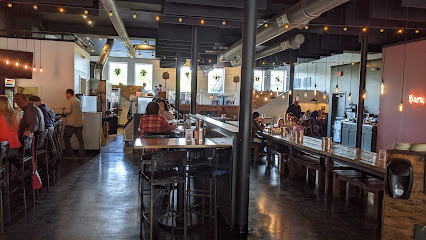
Margaritas Mexican Restaurant
Experience the vibrant flavors of Mexico at Margaritas Mexican Restaurant in Augusta, ME, where delicious food meets a lively atmosphere.
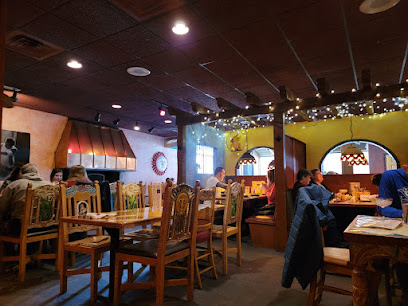
99 Restaurants
Discover the rich flavors of New England at 99 Restaurants in Augusta, where comfort food meets local charm in a vibrant pub setting.
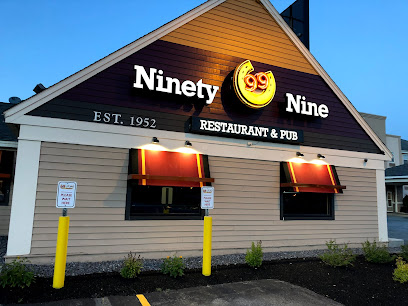
Red Robin Gourmet Burgers and Brews
Experience the best of American dining at Red Robin Gourmet Burgers and Brews in Augusta, Maine, where gourmet burgers and craft brews await!
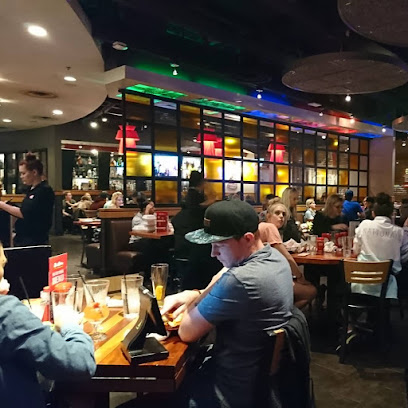
Applebee's Grill + Bar
Experience the best of American cuisine at Applebee's Grill + Bar in Augusta, Maine, where flavor meets a friendly atmosphere.
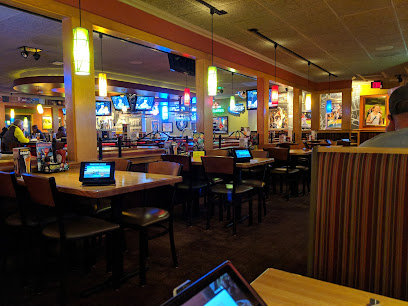
LongHorn Steakhouse
Experience the best of American cuisine at LongHorn Steakhouse in Augusta, where hearty meals and a family-friendly atmosphere await you.
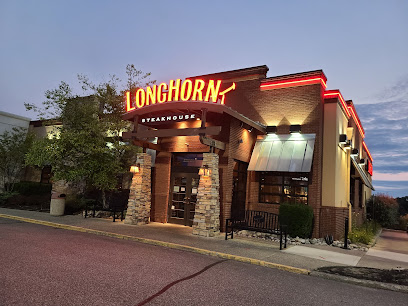
El Agave's Mexican Restaurant
Experience the vibrant flavors of Mexico at El Agave's Mexican Restaurant in Augusta, where every meal is a celebration of culinary tradition.
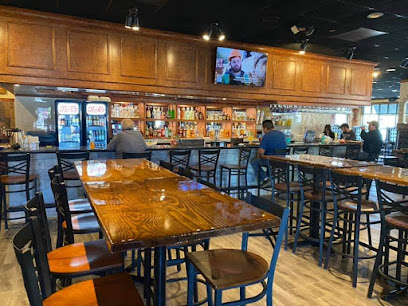
Otto's on the River
Discover the culinary excellence of Otto's on the River, where New American flavors meet stunning riverside views in Augusta, Maine.
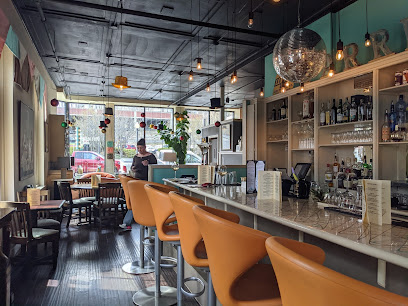
John Sullivan's
Discover the heart of Ireland in Augusta at John Sullivan's, where authentic cuisine meets a welcoming atmosphere in a charming Irish pub.
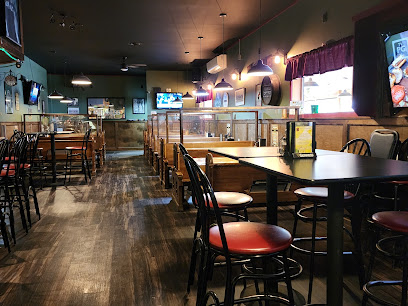
State Lunch
Savor the flavors of Maine at State Lunch, a cozy restaurant in Augusta known for its fresh, locally sourced dishes and inviting atmosphere.
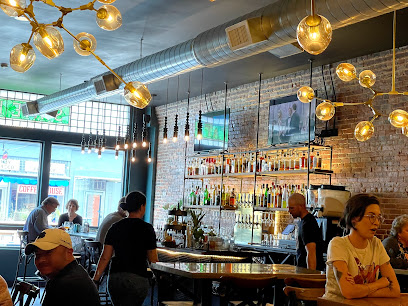
Cloud 9 Restaurant
Indulge in the best seafood and lounge vibes at Cloud 9 Restaurant in Augusta, Maine - a perfect destination for food lovers.
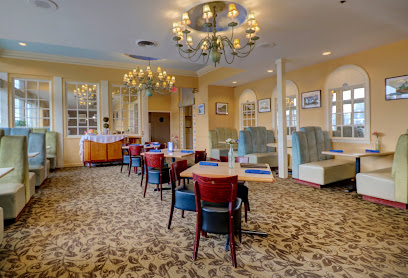
The Whiskey Kitchen
Discover The Whiskey Kitchen in Augusta, ME - a unique pub offering innovative cuisine, extensive whiskey selection, and live music for an unforgettable night out.
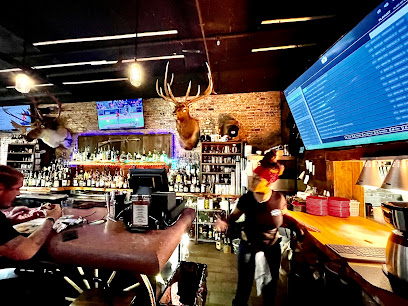
The Oak Table & Bar
Discover exquisite local flavors at The Oak Table & Bar in Augusta, ME, where culinary creativity meets an inviting atmosphere.
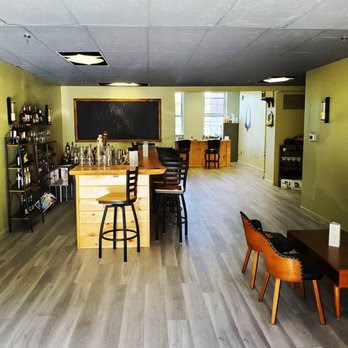
Local Phrases
-
- HelloWicked good
[wih-ked good] - GoodbyeSee ya
[see yah] - YesYup
[yup] - NoNah
[nah] - Please/You're welcomePlease/You're welcome
[please/yuh-welcome] - Thank youMuch obliged
[muhch ob-lahjed] - Excuse me/SorryPardon me
[pahrdn me] - How are you?How's it goin'?
[hows it go-in] - Fine. And you?Good. You?
[good. yuh?] - Do you speak English?Ya speak English?
[yah speak ing-glish?] - I don't understandI don't get it
[I don't get it]
- HelloWicked good
-
- I'd like to see the menu, pleaseCan I see the menu, please
[Can I see the menu, please] - I don't eat meatI don't do meat
[I don't do meat] - Cheers!Cheers!
[Cheers!] - I would like to pay, pleaseI'll pay now, please
[I'll pay now, please]
- I'd like to see the menu, pleaseCan I see the menu, please
-
- Help!Help!
[Help!] - Go away!Get lost!
[Get lost!] - Call the Police!Call the cops!
[Call the cops!] - Call a doctor!Get a doc!
[Get a doc!] - I'm lostI'm turned around
[I'm turned around] - I'm illI'm sick
[I'm sick]
- Help!Help!
-
- I'd like to buy...I wanna buy...
[I wanna buy...] - I'm just lookingI'm just browsin'
[I'm just browsin'] - How much is it?How much does it cost?
[How much does it cost?] - That's too expensiveThat's wicked pricey
[That's wih-ked pricey] - Can you lower the price?Can ya do it cheaper?
[Can ya do it cheaper?]
- I'd like to buy...I wanna buy...
-
- What time is it?What time is it?
[What time is it?] - It's one o'clockIt's one
[It's one] - Half past (10)Half past ten
[Half past ten] - MorningMornin'
[Mornin'] - AfternoonAfternoon
[Afternoon] - EveningEvenin'
[Evenin'] - YesterdayYestidy
[Yestidy] - TodayToday
[Today] - TomorrowTomorry
[Tomorry] - 1One
[One] - 2Two
[Two] - 3Three
[Three] - 4Four
[Four] - 5Five
[Five] - 6Six
[Six] - 7Seven
[Seven] - 8Eight
[Eight] - 9Nine
[Nine] - 10Ten
[Ten]
- What time is it?What time is it?
-
- Where's a/the...?Where's the...?
[Where's the...?] - What's the address?What's the address?
[What's the address?] - Can you show me (on the map)?Can ya show me (on the map)?
[Can ya show me (on the map)?] - When's the next (bus)?When's the next (bus)?
[When's the next (bus)?] - A ticket (to ....)A ticket (to ....)
[A ticket (to ....)]
- Where's a/the...?Where's the...?
History of Augusta
-
Long before European settlers arrived, the area now known as Augusta was inhabited by the Abenaki tribe. They called the Kennebec River 'Canoe River' and used it as a vital route for transportation and trade. Artifacts and ancient sites around Augusta provide a glimpse into the rich indigenous heritage of the region.
-
In 1754, during the French and Indian War, the British built Fort Western on the banks of the Kennebec River. It served as a supply depot and a defensive outpost. Today, Fort Western is the oldest surviving wooden fort in New England and serves as a museum, offering visitors a chance to step back in time and explore colonial military life.
-
Augusta was officially incorporated as a town in 1797 and named after Augusta Dearborn, the daughter of American Revolutionary War hero Henry Dearborn. The incorporation marked the beginning of Augusta's development from a small settlement into a bustling town.
-
In 1827, Augusta was chosen as the capital of Maine, a status it retains to this day. The decision was influenced by Augusta's central location and its accessibility via the Kennebec River. The Maine State House, designed by Charles Bulfinch, was completed in 1832 and remains a focal point of the city.
-
The 19th century brought industrial growth to Augusta, with the Kennebec River playing a crucial role in powering mills and factories. Textile mills, paper mills, and other manufacturing industries flourished, transforming Augusta into an industrial hub. Many of the historic buildings from this era still stand, reflecting the city’s industrial heritage.
-
In 1865, a devastating fire swept through downtown Augusta, destroying many buildings and causing significant damage. The city rebuilt quickly, and the reconstruction led to the development of a more modern and fire-resistant infrastructure. This event is a testament to the resilience and determination of Augusta's residents.
-
In recent decades, Augusta has seen significant cultural growth, with the establishment of museums, galleries, and cultural institutions. The Maine State Museum offers extensive exhibits on the state's natural and cultural history, while the historic Cushnoc Archeological Site provides insights into early European settlement and Native American life.
Augusta Essentials
-
Augusta, the capital city of Maine, is accessible by several means of transportation. The nearest major airport is Portland International Jetport (PWM), located about an hour's drive south of Augusta. From the airport, you can rent a car, take a shuttle service, or use ride-sharing apps to reach Augusta. If you prefer traveling by train, Amtrak's Downeaster service connects Boston to Brunswick, from where you can take a bus or taxi to Augusta. Bus services like Greyhound and Concord Coach Lines also offer connections to Augusta from various cities in the New England region.
-
Augusta offers a variety of transportation options. The city has a public bus system operated by Kennebec Explorer, providing routes within Augusta and surrounding areas. Taxis and ride-sharing services like Uber and Lyft are readily available. If you prefer to drive, car rentals are an option, and the city's layout makes it easy to navigate by car. For cyclists, Augusta has several bike-friendly roads and trails. Walking is also a viable option for exploring downtown Augusta, where many attractions are located close to one another.
-
The official currency in Augusta, Maine, is the United States Dollar (USD). Credit and debit cards are widely accepted in most hotels, restaurants, and shops. ATMs are plentiful, particularly in the downtown area and near shopping centers, making it easy to withdraw cash if needed. Mobile payment options like Apple Pay and Google Wallet are also commonly accepted. It is advisable to carry some cash for smaller establishments or in case of technical issues with card payments.
-
Augusta is generally a safe city for tourists, but it is always wise to take standard precautions. Avoid walking alone at night in less populated areas and keep your belongings secure in crowded places. While Augusta does not have specific high-crime areas targeting tourists, being vigilant and aware of your surroundings is always recommended. The downtown area, especially around the State House and the Kennebec River, is well-patrolled and considered safe for tourists.
-
In case of an emergency in Augusta, dial 911 for immediate assistance. This number connects you to police, fire, and medical emergency services. The MaineGeneral Medical Center is the primary hospital in Augusta, offering comprehensive medical services. Pharmacies are also available throughout the city for minor health issues. It is recommended to have travel insurance that covers medical emergencies. For non-emergency issues, the local police department and tourist information centers can provide assistance and guidance.
-
Fashion: Do dress in layers, as Maine's weather can be unpredictable. Casual and comfortable clothing is generally acceptable. Avoid overly formal attire unless attending a specific event that requires it. Religion: Do respect local religious practices and places of worship. While most of Augusta's population is not highly religious, it is courteous to be respectful when visiting churches or religious sites. Public Transport: Do be polite and offer your seat to elderly or disabled passengers. Don’t play loud music or talk loudly on your phone. Greetings: Do greet people with a friendly 'hello' or a handshake. Mainers are known for their hospitality, so a polite greeting goes a long way. Eating & Drinking: Do try local foods like lobster rolls and whoopie pies. Don’t forget to tip your servers, as tipping is customary in the United States.
-
To experience Augusta like a local, visit the Farmers' Market at Mill Park for fresh produce and local crafts. Engage with residents, who are often friendly and willing to share insights about the city's history and culture. Don’t miss exploring the Kennebec River Rail Trail, which offers scenic views and is popular among locals for walking and cycling. For a unique experience, visit the Viles Arboretum, a public garden and nature preserve that offers a peaceful retreat and a chance to see Maine's natural beauty up close.
Trending Landmark in Augusta
-
Cushnoc Brewing Co.
-
Senator Inn & Spa
-
Augusta House of Pancakes
-
Maine State Museum
-
Viles Arboretum
-
True North Tattoos and Piercings
-
Capitol Park
-
Old Fort Western
-
Mill Park
-
East Side Boat Landing Playground
-
The Governor Hill Mansion
-
Buker Community Center
-
Sonny's Museum & Rock Shop
-
Saylorink Tattoo
-
Merkaba Sol & The Chocolate Shoppe
Nearby Cities to Augusta
-
Things To Do in Waterville
-
Things To Do in Lewiston
-
Things To Do in Brunswick
-
Things To Do in Camden
-
Things To Do in Rockland
-
Things To Do in South Portland
-
Things To Do in Bangor
-
Things To Do in Saco
-
Things To Do in Biddeford
-
Things To Do in Kennebunkport
-
Things To Do in Acadia National Park
-
Things To Do in Bar Harbor
-
Things To Do in Ogunquit
-
Things To Do in Dover
-
Things To Do in Laconia









